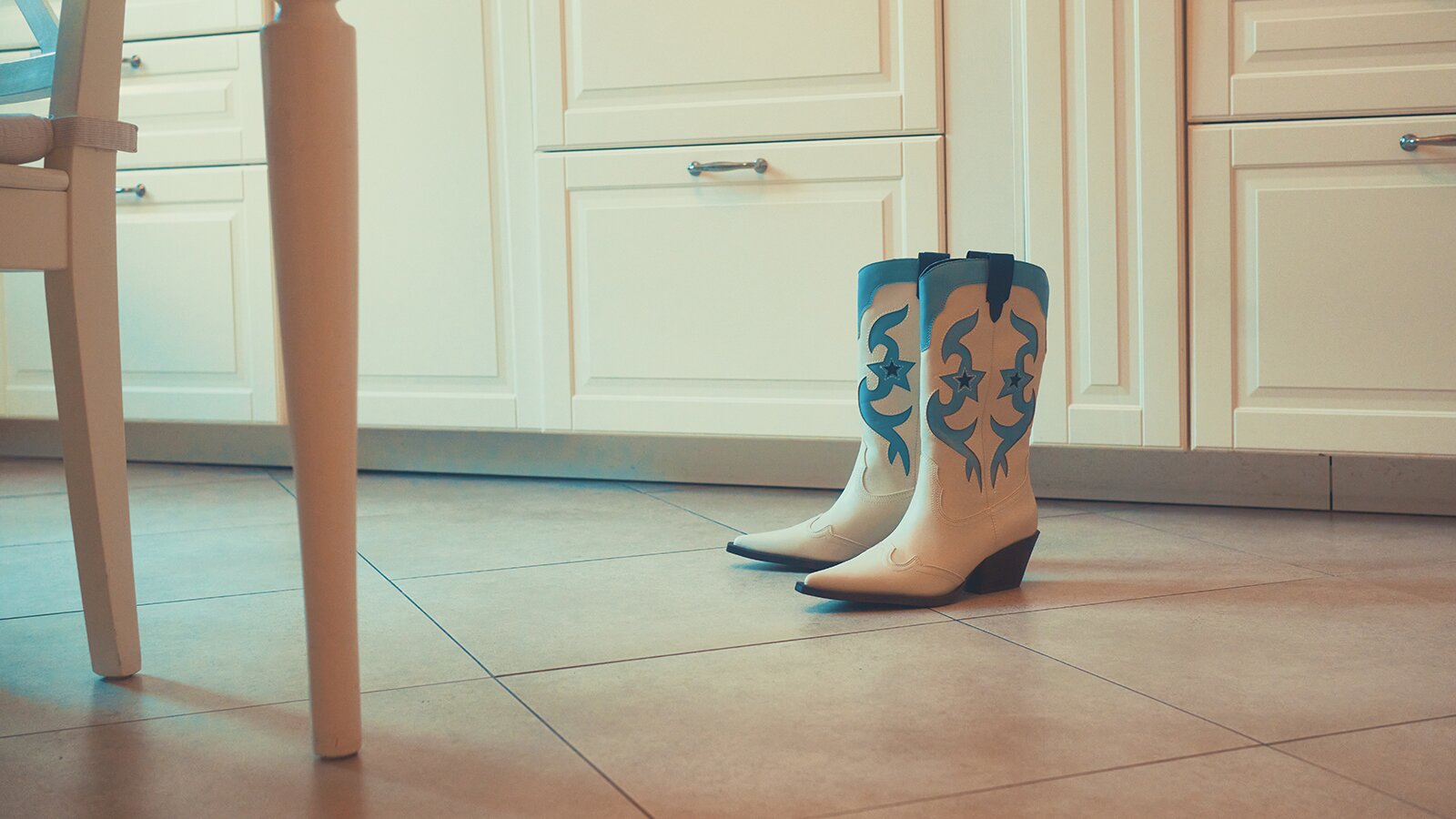First, I ask the question, what does it actually mean to be photogenic? Photogenic are people or things that look particularly good or present themselves favorably in photographs. It describes the ability of a person or a subject to appear aesthetically pleasing, attractive and convincing in pictures.
Photogenic refers to the ability to appear aesthetically pleasing and convincing in photographs.
Photogenicity depends on several factors, including:
External appearance
Aspects such as facial features, build, hair, and eyes can contribute to whether someone is perceived as photogenic in photographs.
Expression and emotion
The ability to authentically express emotions plays a role in photogenicity. People who are able to smile naturally and convincingly or show emotional expressions often appear more photogenic.
Self-confidence and posture
People who feel confident and comfortable tend to have a relaxed posture, which can be reflected in photogenic images.
Pose and body language
The way a person moves and poses in front of the camera can influence their photogenicity. Skillful handling of poses and body language can create advantageous angles and lines.
Lighting and location
Lighting and the environment in which the photo is taken also play a role. Good lighting and a suitable backdrop can enhance photogenicity.

I attempted to summarize it on these five points:
A positive attitude towards your body and self-confidence are important to feel comfortable in front of the camera. Loving yourself may sound esoteric to some, but it's a good start. Self-confident people often feel more comfortable in front of the camera and can show their natural charisma better. Being genuine and sincere helps others feel connected to them. This also applies to photos. So authenticity is an important characteristic.
Being focused and blocking out the trappings can help you engage better with photography. You shouldn't be distracted by outside influences, but rather focus on the moment and connect with the camera. If you get into a "flow" during a shoot, you can be completely absorbed in the moment and forget all reflection and self-doubt.
Not worrying about how you will look in the photos that are about to be taken can actually lead to better results. Thinking too much about how you'll look in the pictures makes you look stiff. I know this all too well from myself once I'm in front of the camera. If you trust yourself to look good instead, it can lead to a more natural and relaxed expression. That's the kind of thing you see in your pictures later, believe me.
Photo models often have a relaxed attitude and confidence in their ability to take good photos. They've learned to feel confident and engage in the moment of taking the photo. It's a bit of an "I don't care" attitude that makes the picture better. Maybe that's too much to say. It's about looseness and being relaxed.
Experience and familiarity with photography can have a positive effect on photogenicity. People who are in front of the camera more often, or who engage in photography and self-portraiture, often develop a better sensitivity to their best angle and expression.-
The photographer himself also plays an important role in the psychological dynamics of being photographed. An empathetic photographer can have a positive influence. Through a relaxed atmosphere, authentic and emotional photos can be created. Even small changes in body language make a big difference. Slightly tilting the head, crossing the legs or playing with the hands can add interesting elements. I will always try my best to give advice during a shoot, so you won't be left alone with such things.

So ultimately, photogenicity depends on the attitude, confidence, and experience a person brings to the table when taking a photo. I wondered if there weren't some techniques, because otherwise this article is just a lot of blah and I don't want that. So I started thinking about what matters.
Gentle smile
A gentle smile can work wonders. It doesn't always have to be a big grin, but a light smile can come across as friendly and approachable. It can also simply loosen up for a moment, to lose tension and not stiffen.
Look into the distance
If you have difficulty looking directly at the camera, try shifting your gaze slightly to the side or into the distance. This can look more relaxed and gives a natural look.
Looking absent (at rest with oneself) also works very well in my genre, but of course it's a fine line to looking bored.
Experiment with angles
Take selfies to find out which angle flatters your face, e.g. by tilting your head slightly. People have two different halves of the face. One looks more severe, the other more gentle. Find your better side (or chocolate side as they say in German).
Breathing
Be sure to breathe deeply and evenly to reduce tension and calm yourself. Long exhales are supposed to be good. I'm not so good at this myself, but that's what they say.
Squint your eyes
Slightly blinking, slightly squinted eyes work more intensely. Look as if you have a secret you don't want to reveal.
Authenticity
Show real emotions and be yourself in front of the camera. Naturalness is appealing.
Have fun
Ultimately, it's about enjoying the moment and having fun while taking photos. If you're comfortable and relaxed, it will show in the photos.
Conclusion
Now I hope this article doesn't seem like I'm being all-knowing. The topic just concerns me and so I've been thinking about it out loud on my blog. Since I've been behind the camera for a few years, I think that my theories, however, have a real foundation, even without scientific evidence.
So that my article does not scare unphotogenic people more than it gives hope, I would like to reveal something else. It often happens that I work with professional models who have complexes and who started modeling as a kind of self-therapy. Over time, they have accumulated compliments that are balm for the soul.
